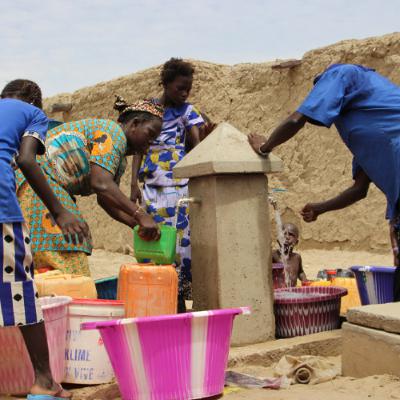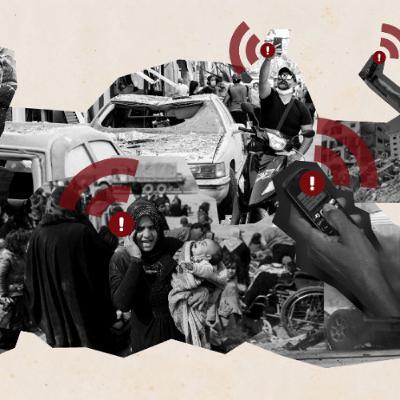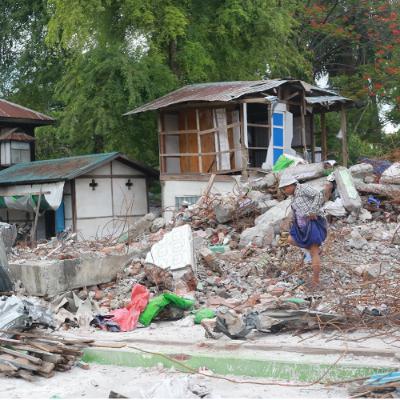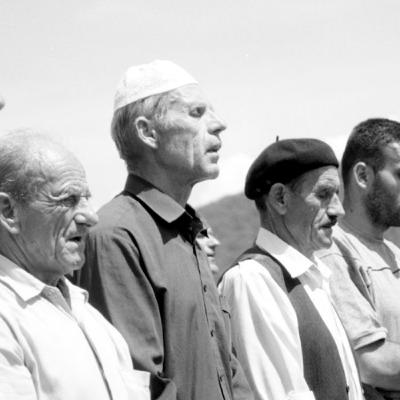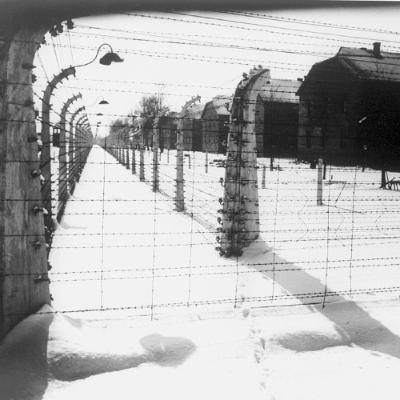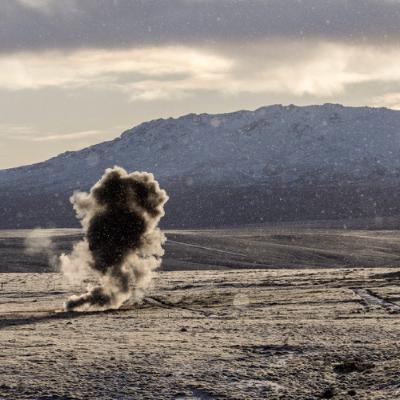The imperative to protect water and water systems during armed conflict
Update: 2025-04-24
Description
Amid the complexities of contemporary armed conflicts, damage to water infrastructure and the use of water as a means or method of warfare have devastating consequences for both civilian populations and the environment. Despite existing legal protections, gaps in compliance and enforcement leave water systems vulnerable, exacerbating humanitarian crises and ecological harm. Addressing these challenges requires a renewed focus on legal frameworks, accountability, and practical measures to strengthen the protection of water in conflict settings.
In this post, part of the Emerging Voices series, Tadesse Kebebew, Researcher and Project Manager at the Geneva Water Hub, examines the severe consequences of attacks on water systems and the weaponization of water in armed conflicts. He assesses the strengths and limitations of current international legal protections and offers concrete recommendations to enhance safeguards for freshwater resources, emphasizing the need for stronger compliance with international humanitarian law.
In this post, part of the Emerging Voices series, Tadesse Kebebew, Researcher and Project Manager at the Geneva Water Hub, examines the severe consequences of attacks on water systems and the weaponization of water in armed conflicts. He assesses the strengths and limitations of current international legal protections and offers concrete recommendations to enhance safeguards for freshwater resources, emphasizing the need for stronger compliance with international humanitarian law.
Comments
In Channel

